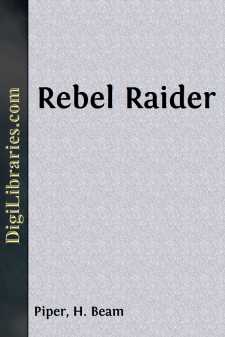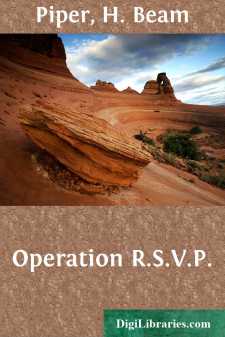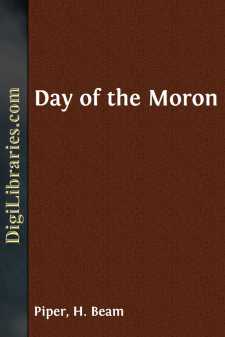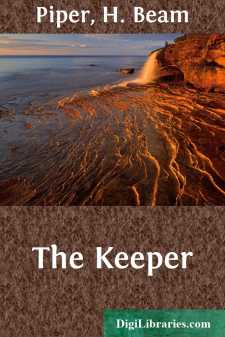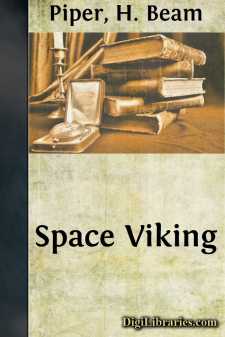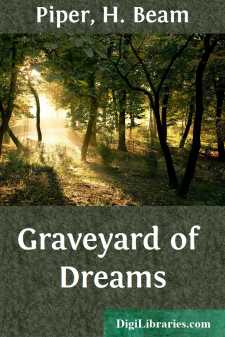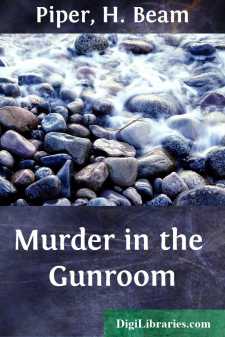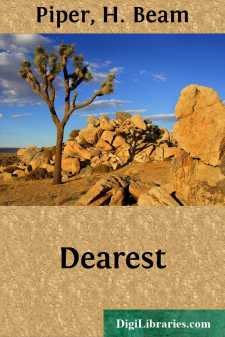Categories
- Antiques & Collectibles 13
- Architecture 36
- Art 48
- Bibles 22
- Biography & Autobiography 813
- Body, Mind & Spirit 142
- Business & Economics 28
- Children's Books 17
- Children's Fiction 14
- Computers 4
- Cooking 94
- Crafts & Hobbies 4
- Drama 346
- Education 46
- Family & Relationships 57
- Fiction 11829
- Games 19
- Gardening 17
- Health & Fitness 34
- History 1377
- House & Home 1
- Humor 147
- Juvenile Fiction 1873
- Juvenile Nonfiction 202
- Language Arts & Disciplines 88
- Law 16
- Literary Collections 686
- Literary Criticism 179
- Mathematics 13
- Medical 41
- Music 40
- Nature 179
- Non-Classifiable 1768
- Performing Arts 7
- Periodicals 1453
- Philosophy 64
- Photography 2
- Poetry 896
- Political Science 203
- Psychology 42
- Reference 154
- Religion 513
- Science 126
- Self-Help 84
- Social Science 81
- Sports & Recreation 34
- Study Aids 3
- Technology & Engineering 59
- Transportation 23
- Travel 463
- True Crime 29
Rebel Raider
by: H. Beam Piper
Categories:
Description:
Excerpt
It was almost midnight, on January 2, 1863, and the impromptu party at the Ratcliffe home was breaking up. The guest of honor, General J. E. B. Stuart, felt that he was overstaying his welcome—not at the Ratcliffe home, where everybody was soundly Confederate, but in Fairfax County, then occupied by the Union Army.
About a week before, he had come raiding up from Culpepper with a strong force of cavalry, to spend a merry Christmas in northern Virginia and give the enemy a busy if somewhat less than happy New Year's. He had shot up outposts, run off horses from remount stations, plundered supply depots, burned stores of forage; now, before returning to the main Confederate Army, he had paused to visit his friend Laura Ratcliffe. And, of course, there had been a party. There was always a party when Jeb Stuart was in any one place long enough to organize one.
They were all crowding into the hallway—the officers of Stuart's staff, receiving their hats and cloaks from the servants and buckling on their weapons; the young ladies, their gay dresses showing only the first traces of wartime shabbiness; the matrons who chaperoned them; Stuart himself, the center of attention, with his hostess on his arm.
"It's a shame you can't stay longer, General," Laura Ratcliffe was saying. "It's hard on us, living in conquered territory, under enemy rule."
"Well, I won't desert you entirely, Miss Ratcliffe," Stuart told her. "I'm returning to Culpepper in the morning, as you know, but I mean to leave Captain Mosby behind with a few men, to look after the loyal Confederate people here until we can return in force and in victory."
Hearing his name, one of the men in gray turned, his hands raised to hook the fastening at the throat of his cloak. Just four days short of his thirtieth birthday, he looked even more youthful; he was considerably below average height, and so slender as to give the impression of frailness. His hair and the beard he was wearing at the time were very light brown. He wore an officer's uniform without insignia of rank, and instead of a saber he carried a pair of 1860-model Colt .44's on his belt, with the butts to the front so that either revolver could be drawn with either hand, backhand or crossbody.
There was more than a touch of the dandy about him. The cloak he was fastening was lined with scarlet silk and the gray cock-brimmed hat the slave was holding for him was plumed with a squirrel tail. At first glance he seemed no more than one of the many young gentlemen of the planter class serving in the Confederate cavalry. But then one looked into his eyes and got the illusion of being covered by a pair of blued pistol muzzles. He had an aura of combined ruthlessness, self confidence, good humor and impudent audacity.
For an instant he stood looking inquiringly at the general. Then he realized what Stuart had said, and the blue eyes sparkled. This was the thing he had almost given up hoping for—an independent command and a chance to operate in the enemy's rear.
In 1855, John Singleton Mosby, newly graduated from the University of Virginia, had opened a law office at Bristol, Washington County, Virginia, and a year later he had married.
The son of a well-to-do farmer and slave-owner, his boyhood had been devoted to outdoor sports, especially hunting, and he was accounted an expert horseman and a dead shot, even in a society in which skill with guns and horses was taken for granted....


